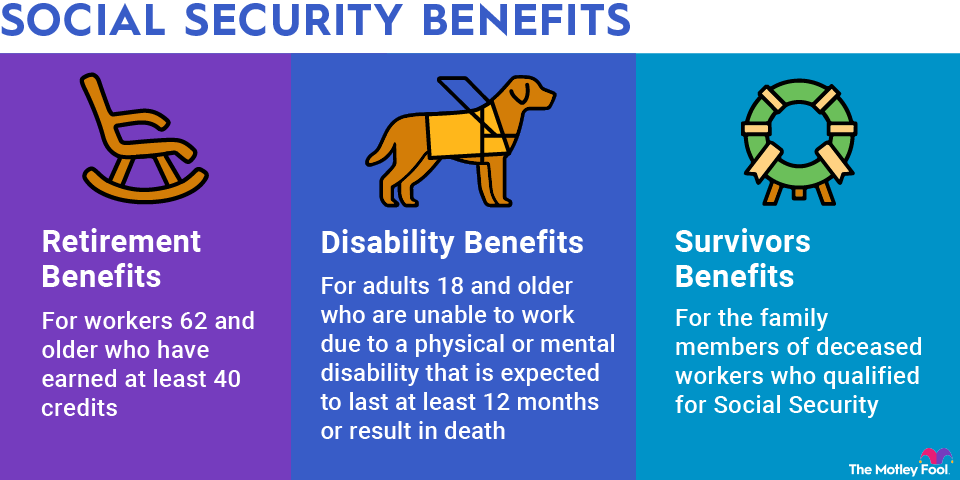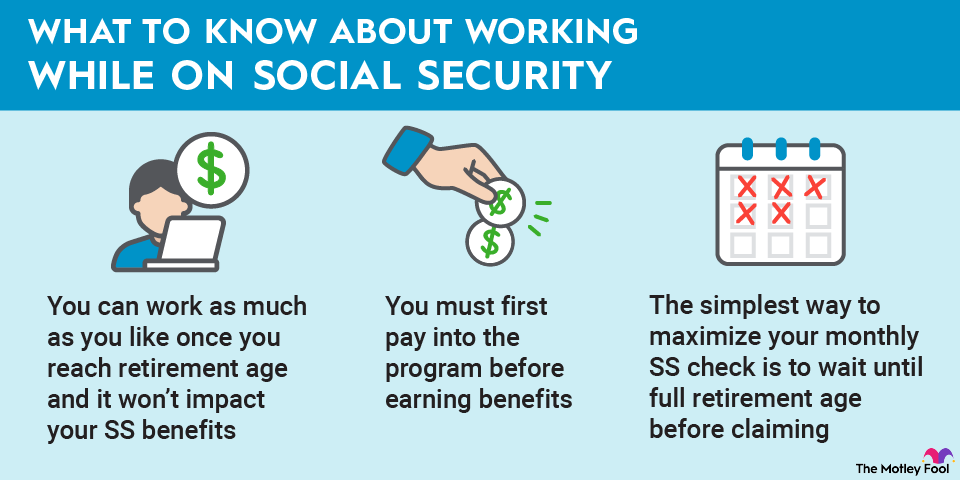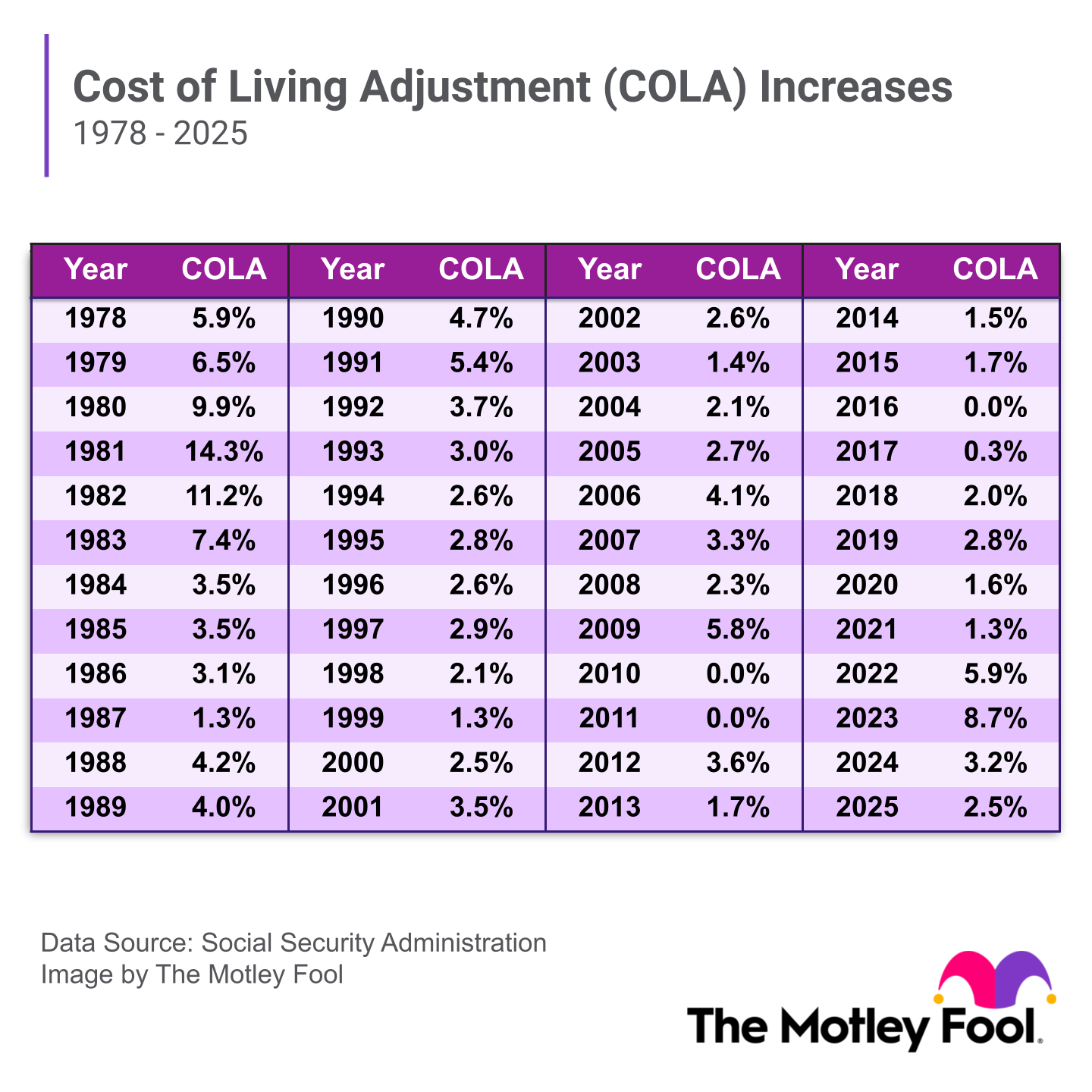When you reach full retirement age, you can earn any amount of money, and your benefits won't be reduced. In addition, Social Security will recalculate your benefits to give you credit for the months that your excess earnings caused benefits to be reduced or withheld.
Also, while Social Security includes bonuses, commissions, and vacation pay as part of your earnings, it doesn't count pensions, annuities, investment income, interest, veteran's benefits, or other government retirement benefits.
Here's an example: You decided to file for benefits when you turned 62 in January 2025 and have earned a monthly benefit of $600. But you're still going to be working a bit, and you think your earnings will come to $25,000. That's $1,600 above the current limit, so Social Security would withhold $1 of every $2 over that amount, or $800.
Social Security would withhold all benefit payments in January and February to account for the difference. Your $600 monthly benefit would begin in March, and you'd receive $400 (because Social Security withheld $1,200 worth of benefits, rather than $800) the next year.
The retirement earnings test works slightly differently in the year that you reach full retirement age. Let's say you wouldn't turn 67 until Nov. 23, 2025, but you've earned $62,640 between January and October. You're still expecting $600 in monthly benefits.
The year you hit full retirement age, you're subject to the higher threshold of $62,160. Since the difference is $480 and Social Security withholds $1 of every $3 earned above the threshold, you'd be short $160. Social Security would hang onto the full amount of your January 2026 benefit check; your money wouldn't start arriving until February. The next year, you'd receive the remaining $440 that was withheld in January.
One more small hitch: If you retire -- and we mean, seriously retire -- late in the year, you may be able to avoid the retirement earnings test with a monthly income that doesn't exceed $1,950. For example, let's say you've made $200,000 between January and October, but you're retiring in November and will take a part-time job that pays $500 per month. Since your earnings are less than $1,950, you'll receive your full benefit amount (although it won't be as much as it would be if you'd waited until you turned 67 or even 70, the age at which the size of your benefits stops rising).











